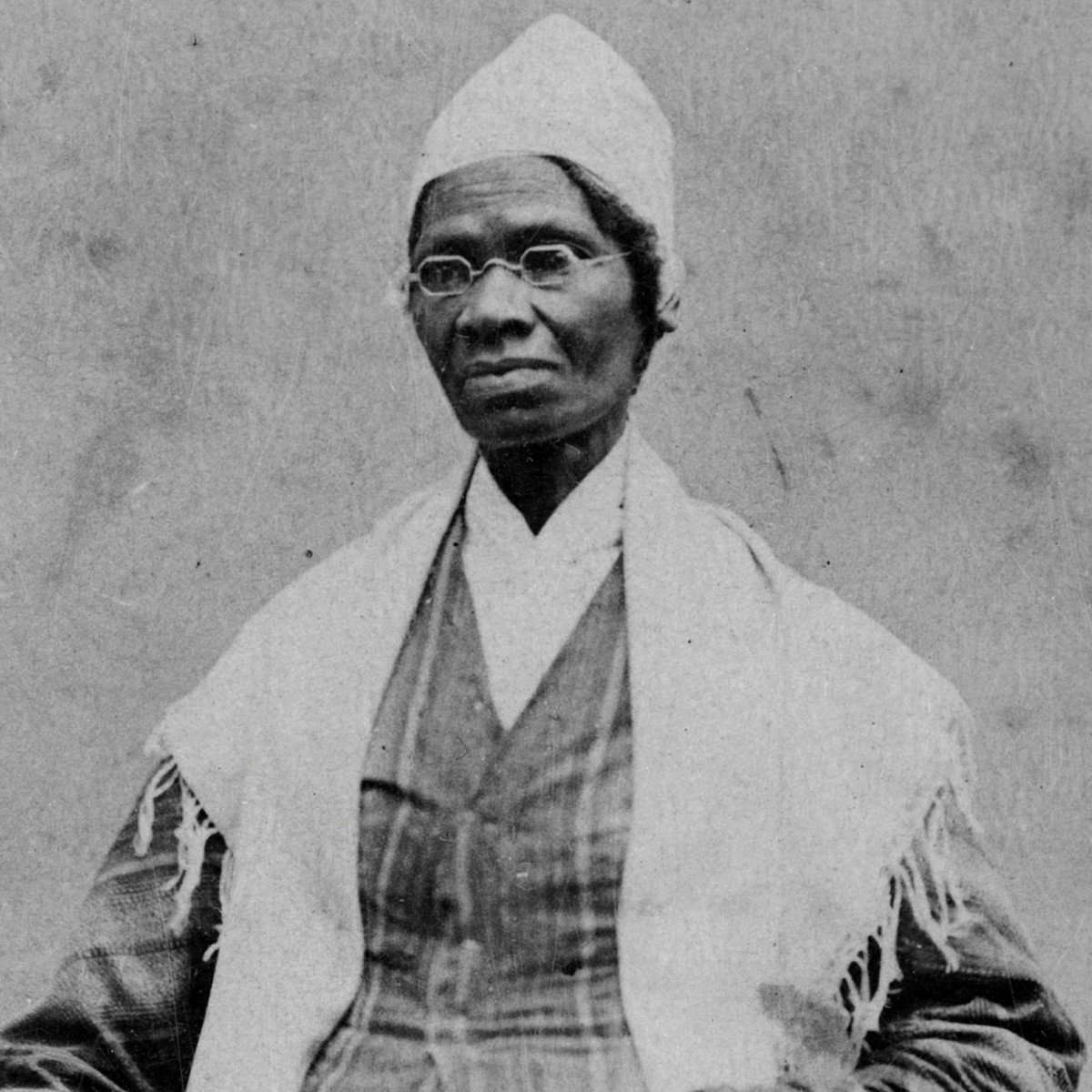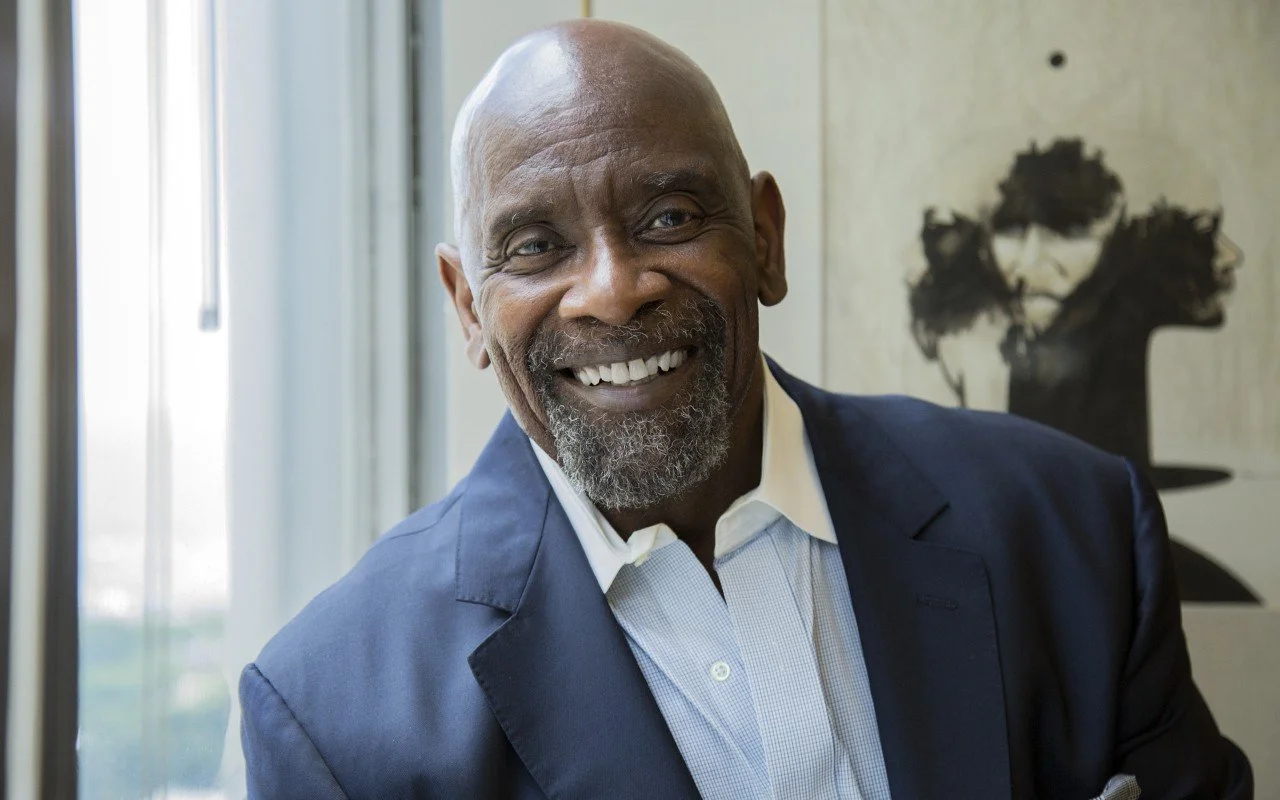Sojourner Truth
Sojourner Truth 1797 - 1883
Born Isabella Baumfree in Ulster County, New York to James and Elizabeth Baumfree. With religion as a motivating force, she changed her name to Sojourner Truth in the 1840s. At the age of 11, Truth was sold into slavery for $100 and a flock of sheep.
We are fortunate to have her memoir and notes she wrote of her experience while enslaved. The trauma inflicted contributed to her advocacy work both for women and later for the right of Black men to fight for their freedom in the Civil War. Truth was frequently the victim of brutal beatings, whippings, and sexual violence by her enslaver.
Similar to Harriet Tubman, Truth successfully fled enslavement and embarked on a lifelong journey of battling racial and gender based injustice. Truth eventually became a free woman. Not relenting to pressure or accepting government promulgated inhumanity, Truth fought in open court against her son being sold into slavery. Against all odds, she won, and her son Peter was released from bondage. The result of that case made Truth the first Black woman to sue a white man in the U.S. and win.
Truth delivered her famous “Ain’t I A Woman” speech at the 1851 Ohio Women's Rights Convention. In that speech, Truth highlighted the quality of work done by men and women. It was an intersectional message meant to stir action. Truth was strong in her faith, and served as a traveling preacher for several years while continuing her activist work.
After working with famous abolitionists Frederick Douglass and William Lloyd Garrison, she earned the right to sit down with President Lincoln. She recruited troops to join the Union Army in the Civil War and advocated for Black soldiers to be able to participate in the war fighting for their freedom. Lincoln heard the message from Truth (and other advocates at the time) and permitted their inclusion in the war. Truth’s meeting with Lincoln also resulted in Truth receiving permission to become a counselor in Freedman’s Village.
Below is the transcription of Truth’s “Ain’t I A Woman” 1851 speech at the Ohio Women’s Convention:
Well, children, where there is so much racket there must be something out of kilter. I think that ‘twixt the Negroes of the South and the women at the North, all talking about rights, the white men will be in a fix pretty soon. But what’s all this here talking about? That man over there says that women need to be helped into carriages, and lifted over ditches, and to have the best place everywhere. Nobody ever helps me into carriages, or over mud-puddles, or gives me any best place! And ain’t I a woman? Look at me! Look at my arm! I have ploughed and planted, and gathered into barns, and no man could head me! And ain’t I a woman? I could work as much and eat as much as a man – when I could get it – and bear the lash as well! And ain’t I a woman? I have borne thirteen children, and seen most all sold off to slavery, and when I cried out with my mother’s grief, none but Jesus heard me! And ain’t I a woman? Then they talk about this thing in the head; what’s this they call it? [member of audience whispers, “intellect”] That’s it, honey. What’s that got to do with women’s rights or Negroes’ rights? If my cup won’t hold but a pint, and yours holds a quart, wouldn’t you be mean not to let me have my little half measure full? Then that little man in black there, he says women can’t have as much rights as men, ‘cause Christ wasn’t a woman! Where did your Christ come from? Where did your Christ come from? From God and a woman! Man had nothing to do with Him. If the first woman God ever made was strong enough to turn the world upside down all alone, these women together ought to be able to turn it back, and get it right side up again! And now they is asking to do it. The men better let them. Obliged to you for hearing me, and now old Sojourner ain’t got nothing more to say.
























